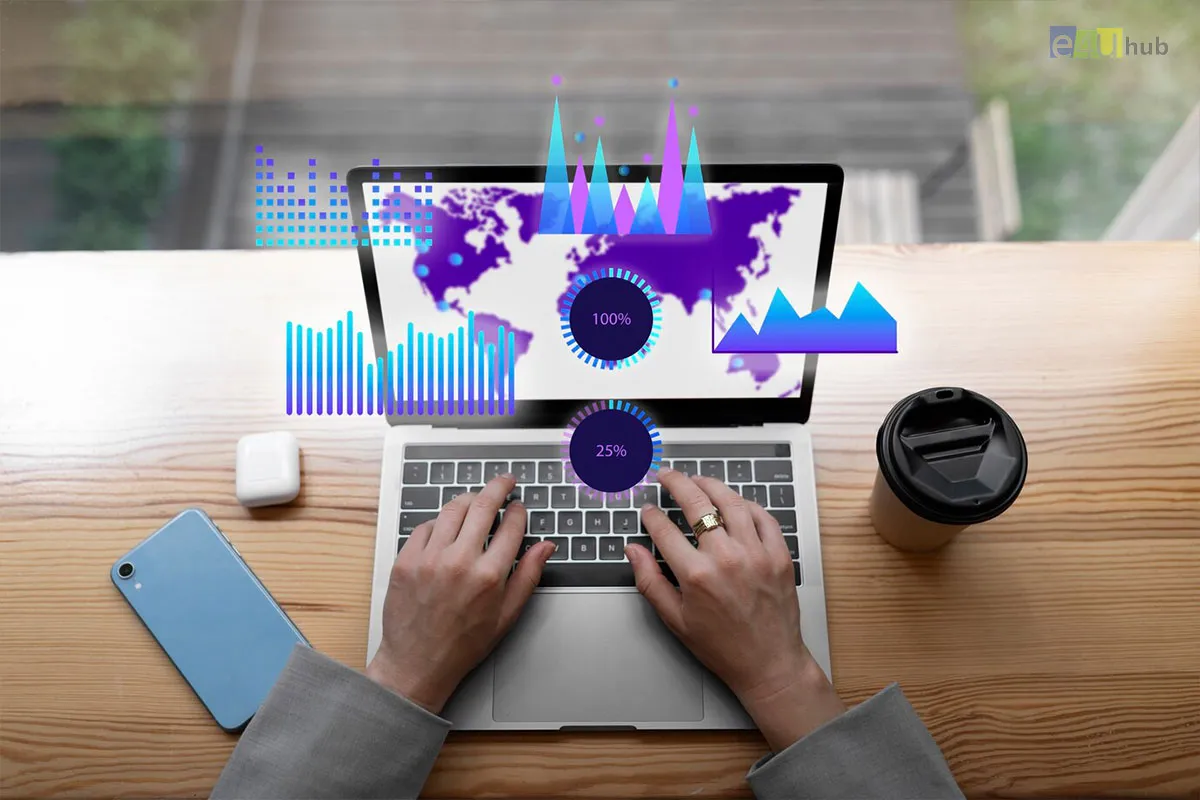
Cybersecurity Threats: Protecting Your Data in a Digital World
- 19 Dec, 2023
- Tech
- 530 Views
- 0 Comments
In our increasingly interconnected and digitized world, the importance of cybersecurity cannot be overstated. As technology advances, so do the methods employed by cybercriminals to exploit vulnerabilities and compromise sensitive data. This blog aims to shed light on the prevalent cybersecurity threats individuals and organizations face and provide insights into safeguarding valuable information in the digital realm.
1. Understanding Cybersecurity Threats:
The digital landscape is rife with threats, from common malware and phishing attacks to sophisticated ransomware and advanced persistent threats (APTs). Understanding the nature of these threats is the first step in fortifying your defenses.
2. Phishing and Social Engineering:
Phishing remains one of the most prevalent cybersecurity threats. The blog will explore how cybercriminals use deceptive emails, messages, or websites to trick individuals into divulging sensitive information and how to recognize and avoid falling victim to these tactics.
3. Ransomware Attacks:
Ransomware poses a severe threat, encrypting files and demanding payment for their release. The blog will delve into how these attacks occur, the potential consequences, and proactive measures to prevent and mitigate ransomware incidents.
4. Malware and Viruses:
Malicious software, or malware, comes in various forms, including viruses, worms, and trojans. The blog will explore the impact of malware on systems and how robust antivirus solutions, regular updates, and user education can mitigate these threats.
5. Data Breaches and Identity Theft:
Data breaches compromise sensitive information, often leading to identity theft. The blog will discuss the ramifications of data breaches, the importance of securing personal and financial data, and steps to take in the aftermath of a breach.
6. Securing Personal Devices:
With the prevalence of smartphones, tablets, and personal computers, the blog will emphasize the importance of securing personal devices. This includes utilizing secure passwords, enabling two-factor authentication, and keeping software current.
7. Protecting Business Networks:
For businesses, the stakes are higher. The blog will cover best practices for securing business networks, including firewalls, intrusion detection systems, and employee training to create a robust cybersecurity culture.
8. Cybersecurity Best Practices:
The blog will provide a comprehensive list of cybersecurity best practices for individuals and organizations. This includes regular software updates, secure password management, encryption, and the implementation of cybersecurity policies.
9. Emerging Threats and Technologies:
As technology evolves, new threats and protective measures emerge. The blog will touch on emerging cybersecurity threats and technologies, emphasizing the importance of staying informed and adapting defenses accordingly.
10. Cybersecurity Education and Awareness:
Promoting cybersecurity education and awareness is essential. The blog will discuss the role of education in fostering a vigilant user base capable of identifying and reporting potential threats.
Conclusion:
In an era where data is a valuable commodity, cybersecurity is non-negotiable. By understanding the landscape of cyber threats and implementing proactive measures, individuals and organizations can safeguard their digital assets. This blog aims to empower readers with the knowledge and tools to navigate the digital world securely, protecting their data from the ever-evolving realm of cybersecurity threats.















Leave a Reply